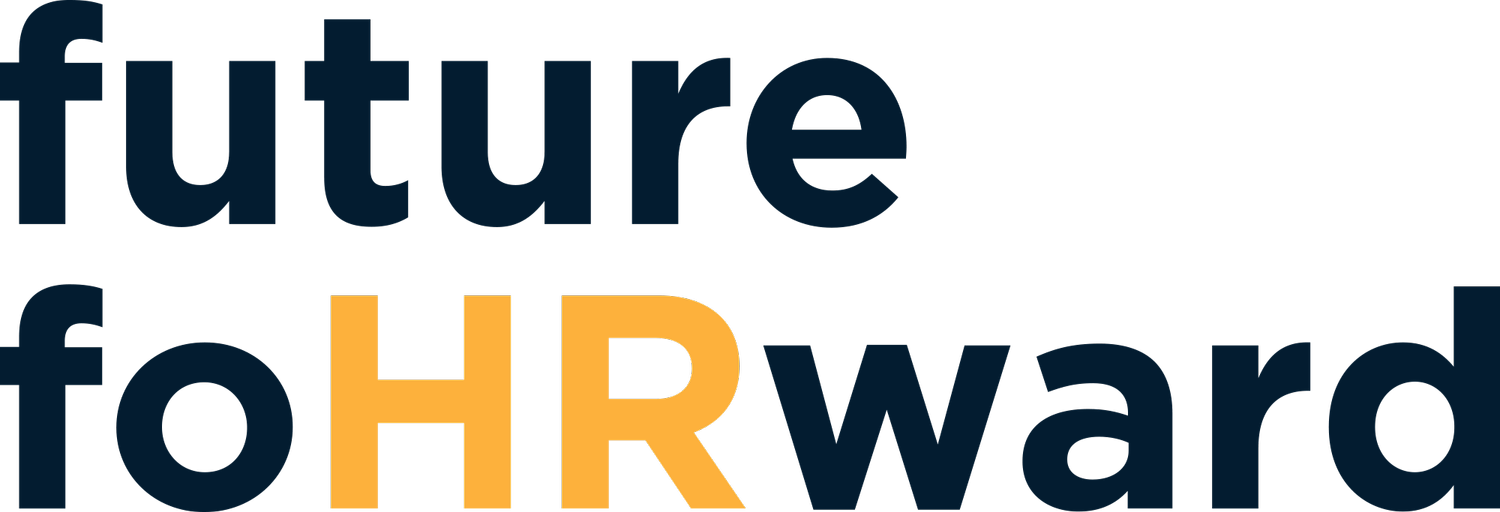The Silent Crisis: How Sleep Deprivation Is Crippling Your Organization
When we think about factors affecting workplace performance, we typically focus on leadership, culture, or compensation. But there's a critical element that's often overlooked despite its enormous impact: sleep. In an episode of the foHRsight podcast, Mark chatted with sleep expert Ahna de Vena, founder of Revive Global, about this widely relatable and crucial topic. According to Ahna, we're in the midst of a "global sleep loss epidemic" that's quietly undermining organizational success and employee wellbeing.
The Alarming Decline in Sleep Quality
"In 1942, the average adult slept 7.9 hours a night, that was good quality sleep. And now the average is six to six and a half hours, and our quality of sleep is drastically worse," Ahna explains. This decline isn't just a personal health issue—it represents a significant business challenge with measurable costs.
How significant? According to research by Rand, companies in the US alone are losing a staggering $411 billion annually due to sleep-related productivity losses. Even more concerning, one in three adults is chronically sleep deprived, meaning roughly a third of your workforce is functioning well below their potential every day.
The Business Cost of Sleep-Deprived Brains
When employees don't get adequate sleep, the impact on their cognitive function is immediate and profound. "Sleep deprived brains lose the ability to make accurate judgments," Ahna notes, citing a McKinsey study that involved 190,000 employees.
The study identified four leadership behaviors most commonly associated with high-performing teams:
- Strong orientation to results
- Effectively solving problems
- Seeking out different perspectives
- Supporting others
All four behaviors rely heavily on the prefrontal cortex—precisely the part of the brain most affected by lack of sleep. When you consider that a typical organization has hundreds or thousands of sleep-deprived employees making decisions, solving problems, and attempting to collaborate every day, the cumulative impact is enormous.
"Those brains are making poor decisions. They're not able to solve problems well. They're also in bodies that are moody," Ahna explains. "We find it hard to communicate clearly, find it hard to take in information and make sense of it."
Beyond Sleep Hygiene: What Organizations Get Wrong
Many companies have begun to recognize the importance of sleep, but their approach often falls short. Ahna distinguishes between "sleep hygiene"—basic tips like avoiding screens before bed—and true "sleep education."
"If sleep hygiene worked, we wouldn't be in a global sleep loss epidemic," she points out. Simply providing employees with a list of dos and don'ts doesn't address the deeper physiological and psychological factors that influence sleep quality.
Effective sleep education helps employees understand the science behind sleep disruption and provides actionable strategies tailored to their specific challenges. It's not about checking boxes but about creating sustainable change in how people approach rest and recovery.
The Counterproductive Role of Technology
While many turn to sleep tracking devices to improve their rest, Ahna cautions that these technologies can sometimes do more harm than good. "How does knowing how bad your sleep is help you sleep well? What it does is it exacerbates stress and anxiety about it."
Instead of becoming dependent on technology to solve what is fundamentally a natural process, Ahna encourages reconnecting with our innate ability to sleep well. "We are born with an ability to sleep well and be nourished by this natural occurrence, which has become elusive now."
Strategic Napping: An Underutilized Productivity Tool
One practical strategy that organizations can implement immediately is supporting strategic napping. Contrary to being seen as laziness, properly timed naps can significantly boost afternoon productivity.
"There's a lot of companies, you know, like Google and Apple, who have these little rest pods in their company. 'Cause they understand that when people get that rest in the afternoon, they then get good hours out of them after that," Ahna explains.
The key is keeping naps between 10-25 minutes—long enough to refresh the mind but short enough to avoid entering deep sleep, which can leave you feeling groggy when interrupted.
Making Sleep a Core Wellness Priority
For HR leaders, Ahna recommends making sleep a foundational element of any corporate wellness program. "When sleep is introduced, the other aspects of the wellness program can work even better," she notes, pointing out that sleep affects everything from eating habits to exercise motivation to stress levels.
By addressing sleep as a strategic business issue rather than just a personal health matter, organizations can unlock significant improvements in performance, creativity, and employee satisfaction—all while reducing healthcare costs and turnover.
The message is clear: in today's high-performance business environment, quality sleep isn't a luxury—it's a competitive necessity.



